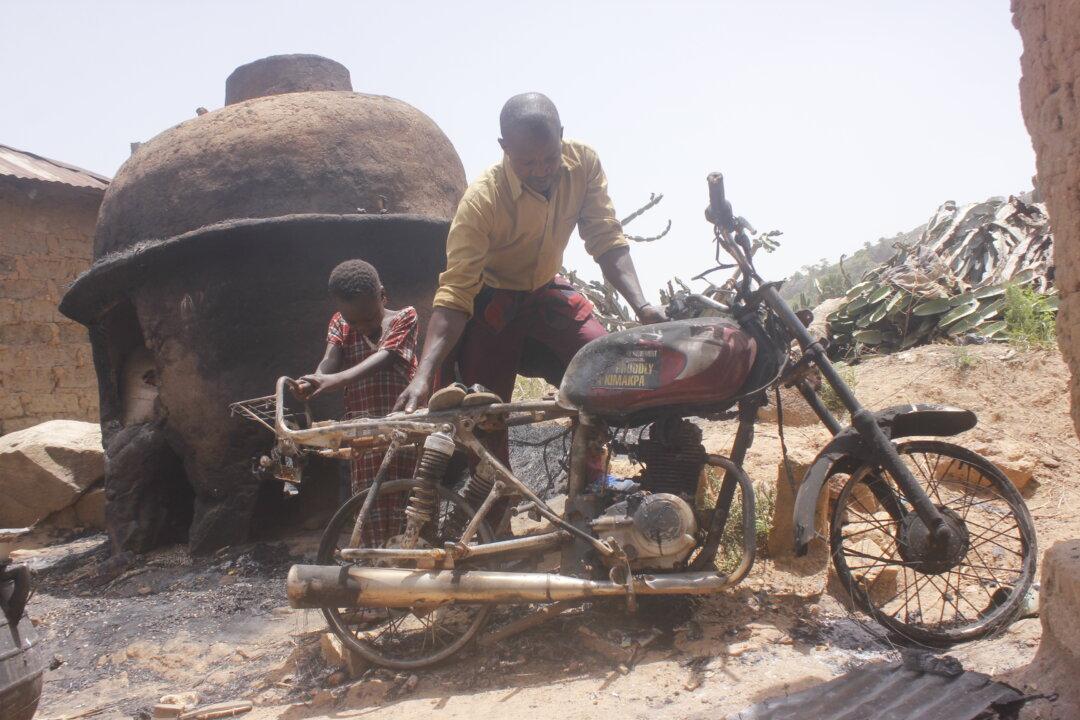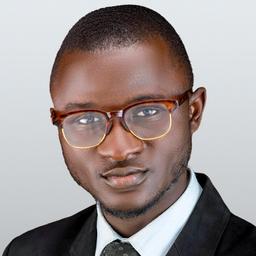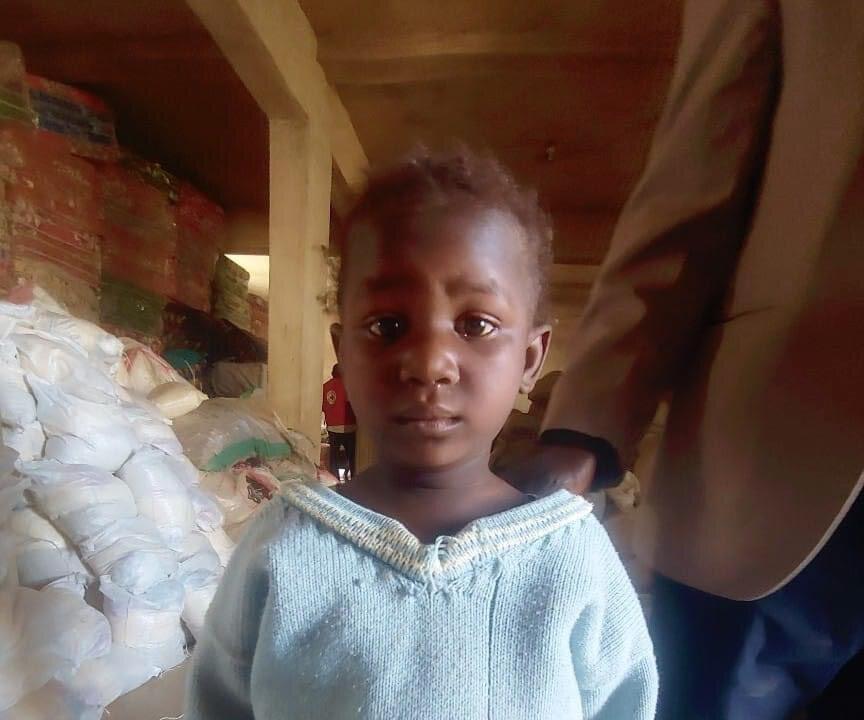A razor-thin election victory in Nigeria’s Plateau state has prompted observers to question whether ethnic-cleansing raids by terrorists seek to tilt the country’s 2023 presidential elections.
More than a decade of seemingly endless attacks on Nigeria’s rural populations has seen radical insurgents capturing large territories across the northern part of the country. The displacements and demographic distortions across hundreds of communities have raised fears of political takeover by radicalized Muslims, according to lawmakers who spoke to The Epoch Times.





